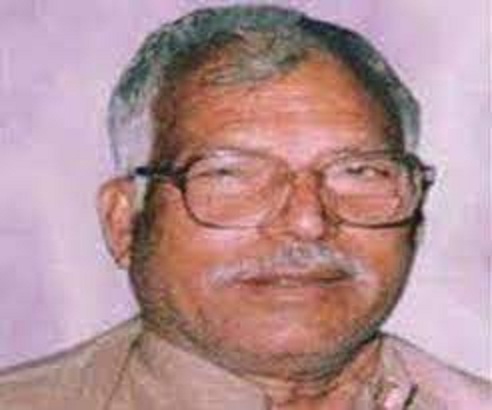New Delhi: With the government deciding to confer former Bihar chief minister Karpoori Thakur with the Bharat Ratna posthumously, Prime Minister Narendra Modi on Tuesday said this prestigious recognition is a testament to the socialist leader’s enduring efforts as a champion for the marginalised and a stalwart of equality.
Thakur was born in 1924 in one of the most backward sections of society- the Nai Samaj (barber community). He was a leader whose political journey was marked by his unwavering commitment to the marginalised sections of society.
The Rashtrapati Bhavan announced on Tuesday that Thakur will be awarded the Bharat Ratna posthumously. Thakur, popularly known as ‘jannayak’, served as chief minister from December 1970 to June 1971 and from December 1977 to April 1979.
He died on February 17, 1988.
In a post on X, Modi said he is delighted that the government has decided to confer the Bharat Ratna on “the beacon of social justice, the great Jan Nayak Karpoori Thakur” and that too at a time when his birth centenary is being marked.
“This prestigious recognition is a testament to his enduring efforts as a champion for the marginalised and a stalwart of equality and empowerment,” Modi said.
“His unwavering commitment to uplift the downtrodden and his visionary leadership have left an indelible mark on India’s socio-political fabric. This award not only honours his remarkable contributions but also inspires us to continue his mission of creating a more just and equitable society,” the prime minister said.
Thakur served as the chief minister of Bihar and was a key figure in the struggle against social discrimination and inequality.
His commitment to affirmative action gave representation and opportunities to the poor, oppressed, exploited and deprived sections of the country. His policies and reforms were pioneering in bringing about significant changes in the lives of many, especially in the fields of education, employment and farmer welfare.
By honouring Thakur, the government recognises his role as a symbol of democracy and social justice, officials said.
The government also acknowledges his deep impact as a motivating figure for the marginalised sections of society. His life and work embody the spirit of the Indian Constitution, which advocates for equality, fraternity, and justice for all, they said.







